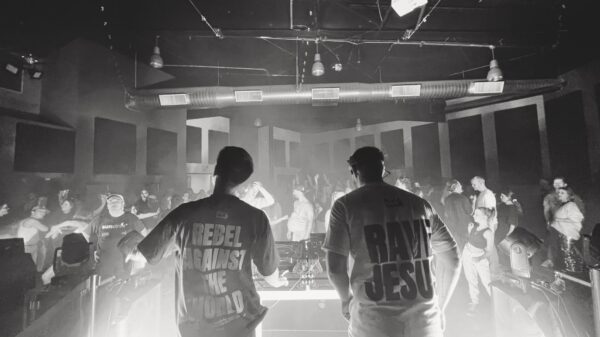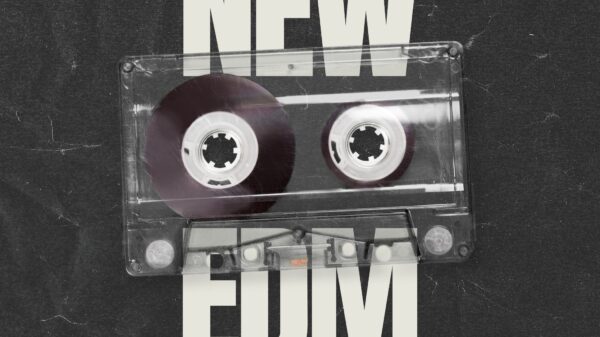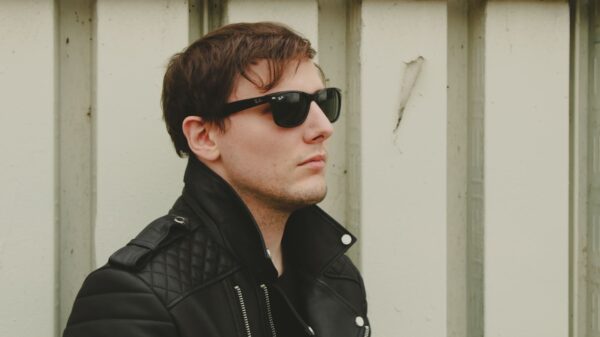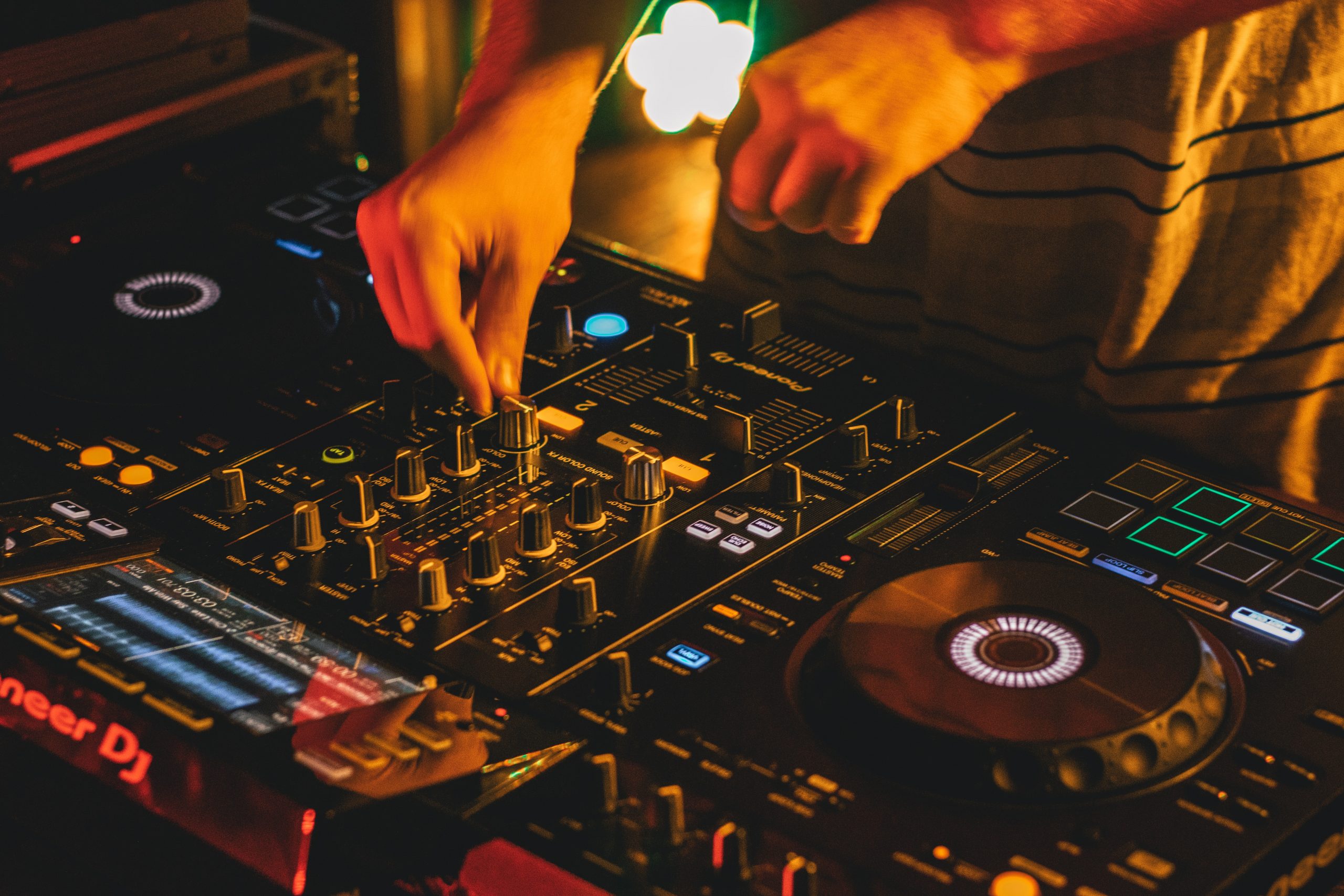With its origins in Chicago during the early 1980s, house music has become one of the most popular genres of electronic dance music around the world. You might have heard it played at a club, or maybe you've even tried dancing to it yourself. But what exactly is house music? This guide will give you a crash course on everything you need to know about this lively genre, from its history and key characteristics to the different subgenres that have emerged over the years.
So whether you're a budding DJ looking to expand your musical repertoire or just a curious music fan, read on to learn about house music.

What Is House Music?
House music is electronic dance music originated in Chicago in the early 1980s. It was initially popularized by DJ Frankie Knuckles, who is often credited with its creation. House music quickly spread to other American cities, such as Detroit and New York, and then to the rest of the world.
Musically, house music features a 4/4 time signature and a repetitive, hypnotic melody. The typical instrumentation includes drums, bass, keyboards, and sometimes vocals. It is often associated with the club scene and dancefloor culture. It's also frequently played at parties, festivals, and other events.
While house music has undergone many changes over the years, it remains a popular genre of dance music. In recent years, house music has resented popularity, thanks partly to the success of EDM (electronic dance music) artists like Calvin Harris and Avicii.
Why Do It Is Called House Music?
It is called house music because it often uses the Roland TR-808 and TR-909 drum machines. These machines allow DJs to create tracks at home without using an expensive studio, which is why it got its name. Also, it was popularized in the 1980s by DJs who played at the Warehouse Club in Chicago.
With the help of technology, house music has evolved over the years. It now incorporates different styles and sounds from around the world. This makes it one of the most versatile and popular genres of music today.
Well-Known House Music Artists
Some famous house music artists include Daft Punk, Calvin Harris, and Avicii. These artists have helped shape house music sound and bring it to the mainstream.
1. Flume
An Australian electronic music producer and DJ, Flume first made waves in the industry with the release of his self-titled debut album in 2012. The record topped the ARIA Albums Chart and garnered critical acclaim, setting the stage for an illustrious career.
Flume has since released many hits, including the Grammy-nominated albums Skin and Hi This Is Flume. He has also delivered countless remixes for Lorde, Disclosure, Arcade Fire, and Sam Smith.
2. Calvin Harris
A Scottish DJ, music producer, and songwriter, Calvin Harris released his debut studio album, I Created Disco, in 2007. He has since achieved international success with several hit songs, including “This Is What You Came For” and “We Found Love.” In 2018, he became the first British solo artist to reach more than one billion plays on Spotify. Harris has received numerous awards and nominations throughout his career, including ten Brit Award nominations and four Grammy nominations.
3. Zedd
With a career spanning over a decade, Zedd has become one of the most influential figures in electronic dance music. Born Anton Zaslavski in Russia, he moved to Germany at the age of four and grew up in Kaiserslautern. He first developed a love for music, playing the drums in a local band at age 12.
Zedd‘s breakthrough came with the release of his 2012 debut album ‘Clarity,’ which featured the hit single ‘Spectrum’. The album was a commercial and critical success, earning him a Grammy award for Best Dance Recording. Since then, Zedd has produced and co-wrote hits for some of the biggest pop and house music names, including Selena Gomez, Justin Bieber, and Lady Gaga.
4. Avicii
Known mononymously as Avicii, Tim Bergling is a Swedish DJ, record producer, and songwriter. He was known for his work in electronic dance music, particularly EDM and house music. His biggest hit, “Levels,” has more than 256 million plays on YouTube. Also, he has been nominated for two Grammy Awards. In 2016, he retired from touring, but he continues to produce music. Avicii is considered one of the most influential DJs of all time.
5. Diplo
An American DJ, producer, rapper, songwriter, and musician. Diplo is also one-half of Jack U and one-third of Major Lazer – he was nominated for Non-Classical Producer of the Year at the 55th and 58th Grammy Awards. In addition, Diplo founded Mad Decent records, which he manages.
With such a diverse range of musical experiences, it's no wonder that Diplo is considered one of the industry's most innovative and boundary-pushing producers. His work crosses multiple genres and has influenced the sound of modern music as we know it.
6. Tiesto
For many people, Tijs Michiel Verwest, better known as Tiesto, is the epitome of what a DJ and producer should be. Hailing from the Netherlands, his industry career began in 1997 when he founded Black Hole Recordings. From there, he created Gouryella with Ferry Corsten in 1999 and 2000. But arguably, his most impressive accomplishment came in 2004 when he was allowed to open the Summer Olympics in Athens. In 2013, DJ Magazine even went so far as to name him the best DJ of the last 20 years.
Styles Of House Music
Several subgenres of house music have developed since the early 1980s. They include:
1. Chicago House
The first style of house music is named after the city where it originated. It is characterized by heavy use of synthesizers and drum machines, with a repetitive 4/4 beat. Also, unlike other styles of house music, it often features vocals.
2. Deep House
The house's more mellow and soulful style is characterized by its use of Rhodes pianos, saxophones, and other jazz-influenced sounds. A deep house is often slower than other styles, focusing on atmosphere and mood.
3. Funky House
A house music genre that draws heavily from disco and soul, characterized by its use of funk-inspired basslines and melodies. Also, unlike other styles of house, it often features vocals.
4. Tech House
Derived from the word “Techno,” Tech House is a style of House music often made with a tempo ranging from 120 to 130 bpm. It focuses on a fusion between House music and Techno, using elements from both styles in its arrangement and instrumentation. The minimum number of elements are used, focusing on the kick drum, sub bass, and bass. The bass is distorted to give it an authentic Techno music sound and is often played off-beat to create the distinction of House music.
5. Progressive House
To is confused with the American style of house music known as progressive trance. European progressive house is characterized by its complex melodies and a focus on sonic experimentation. With a slower tempo than other house styles, it often features a 4/4 beat.
6. Electro House
With origins in the '80s, electro house is a subgenre of house music influenced by electronic dance music. A heavy bassline and synth lead characterize it. Electro-house is often associated with the hard style of house music.
7. Brazilian Bass
To many, Brazilian Bass is a subgenre of house music originating in deep house sounds from the early 2010s. The tempo for Brazilian Bass tracks typically ranges from 120 to 125 bpm. The genre is often characterized by its distinguishable deep, punchy basslines, which use low-pitched and filtering effects.
8. Bass House
With its origins in the early-mid 2010s, Bass House is a style of house that takes elements of both riddim and UK bass. The genre is often characterized by heavy distortion, with early bass house tracks filling the entire frequency spectrum during the drop with a single bass pattern. In recent years, however, many bass house producers have found inspiration from other subgenres of houses, particularly tech houses, and have separated the bass pattern from the melody.
9. Jazz House
A style of house music closely related to deep house, Jazz House is an attempt to translate the atmosphere of jazz music into an electronic setting. Also, it is characterized by live musical instruments and jazz samples. Larry Heard is one of the first producers to layer his productions with jazz-based chords and atmospheres.
10. Acid House
With its signature squelch sound created using the Roland TB-303, acid house was born in Chicago and quickly spread to the UK, where it became the soundtrack of the 1988 Summer of Love. Its use of the Roland TB-303 and drum machines and synthesizers is characterized. Acid house is often associated with the rave culture of the late 1980s and early 1990s.
FAQs
Why Is House Music So Good?
Various factors make house music an excellent choice for many people. It is a very versatile genre that people of all ages can enjoy. Also, it can be enjoyed in multiple settings, including clubs, festivals, and even at home. The beats are often catchy and easy to dance to, making it a great choice for parties and other social gatherings.
Is House Music The Same As EDM?
Yes, House Music is a genre within the EDM umbrella. It is characterized by a 4/4 time signature, strong basslines, and soulful vocals. Also, house music often incorporates elements of other genres, such as funk, disco, and soul.
Is House Music The Same As Disco Music?
The first direct descendant of disco in the early 80s, house music, emerged as an underground movement born out of the urban gay culture in New York City. House is said to have been “born from the ashes of Disco” after the launch of an anti-disco movement. Disco emerged in the early 70s, characterized by its distinctive sound and style. House music builds on the foundations of disco, focusing on creating a more electronic sound. House tracks often feature a four-on-the-floor beat, synth stabs, and samples from other songs. House music is often created to be played in clubs, which has led to its association with club culture.
Do House Music Help With Depression?
Everyone experiences and responds to music differently. However, many people find that listening to house music can help lift their mood and provide a sense of joy and happiness. Additionally, many house tracks' fast tempo can help increase energy levels and motivation.
Conclusion
With the help of this guide, you should now have a much better understanding of what house music is, where it came from, and some of the sub-genres that exist within it. You should also be able to identify some of the key characteristics that make up this genre of dance music.
Whether you’re a fan of house music or not, there’s no denying that it’s had a huge impact on the world of electronic dance music and popular culture. Thanks to its catchy melodies, pounding beats, and infectious energy, it is one of the most popular dance music genres today.
So, next time you’re out on the dance floor and play house music, take a moment to appreciate the legacy and history of house music. And who knows, maybe you’ll even find yourself getting caught up in the moment and enjoying this genre of music after all.













